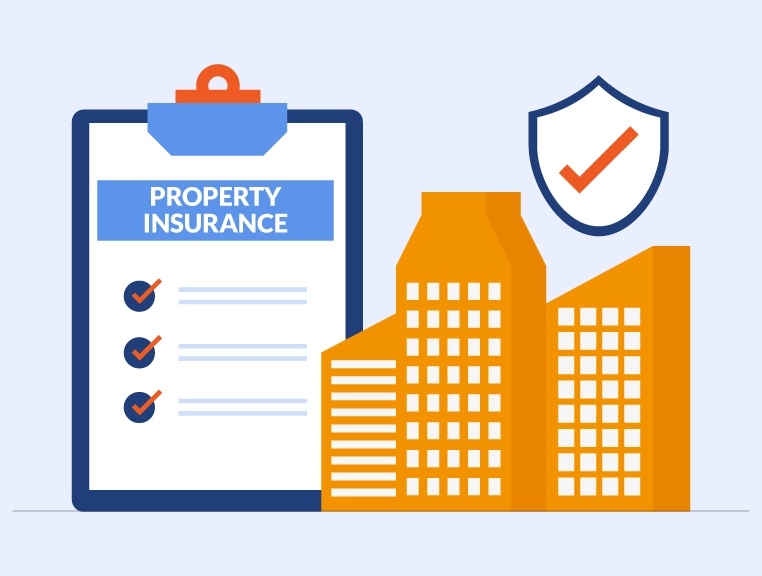Nowadays, various construction projects face several challenges that may result in a delay and involve financial loss to the firm. A delay in completion can lead the construction companies, developers, contractors and other parties to incur significant losses. The Advance Loss of Profit (ALOP) Insurance provides coverage for financial losses due to construction and infrastructure project delays. It provides coverage for the loss of anticipated profits due to a delay in the completion of a project. Advance Loss of Profit Insurance for Construction Businesses safeguards against financial losses arising from delays in project completion.
ALOP Insurance’s primary objective is to reimburse the project’s owner for losses due to delays in the insured work’s completion. This delay can be due to direct physical loss or damage covered under the Contractor’s All-Risk Insurance (CAR) policy/ Erection All-Risk Insurance (EAR) policy.
The policy is even more important for organizations that use debt financing, as they may struggle to repay debts if they experience any financial losses. For example, if they incur debt for procurement of plant, machinery, and construction equipment for erection, etc. ALOP is often referred to as delayed completion coverage or delay in start-up (DSU) insurance.
Let’s Understand How Advance Loss of Profit Insurance Work For A Construction Project
Large construction projects purchase advance loss of profit insurance because they face several risks that result in the delay of completion. For instance, harsh winters may delay the start of the construction and thus, the completion date. It may be that the construction site soil is more unstable for the engineers than estimated before. Thus, the overall possible causes for delays are numerous and often unexpected.
What are the effects of Delays in Construction Projects?
Construction delays can have a serious impact on a company’s finances.
- If a company is relying on the timely completion of a construction project, delays can cause major problems. Debt-financed companies may struggle to repay debts if they must rent or buy construction equipment.
- Moving to a new building could lead to losses due to business delays.
- Construction project delays like airports, railways, harbors, and bridges can impact companies across a wide area.
The ALOP is designed to help and protect a portion of the revenue so that the principal can service the debt and realize the expected profit. The companies that purchase ALOP coverage can play a variety of vital roles in a construction project. For example, investors in the project may purchase ALOP insurance to cover the cost of not being able to earn rent from building tenants. Having this safety net, allows the construction company to continue earning an income even if there are delays in the project.
Contractors buy insurance, covering extended equipment rental and employee wages when projects run over schedule. Equipment rental companies use insurance for revenue loss from unavailable equipment due to project delays.
Who Can Take ALOP Insurance Policy?
This policy is specifically designed for people who are directly or indirectly involved in the construction business including contractors or subcontractors, the owner(s), and companies financing the project. Advance Loss of Profit Insurance for Construction Businesses is crucial for mitigating financial risks caused by project delays, ensuring financial security.
SecureNow customizes innovative insurance programs to meet unique client needs. Our industry expertise delivers results that exceed client expectations. Contact us to know more about types of insurance or avail of the quotations instantly.
About The Author
Shivani
MBA Insurance and Risk
She has a passion for property insurance and a wealth of experience in the field, Shivani has been a valuable contributor to SecureNow for the past six years. As a seasoned writer, they specialize in crafting insightful articles and engaging blogs that educate and inform readers about the intricacies of property insurance. She brings a unique blend of expertise and practical knowledge to their writing, drawing from her extensive background in the insurance industry. Having worked in various capacities within the sector, she deeply understands the challenges and opportunities facing property owners and insurers alike.




